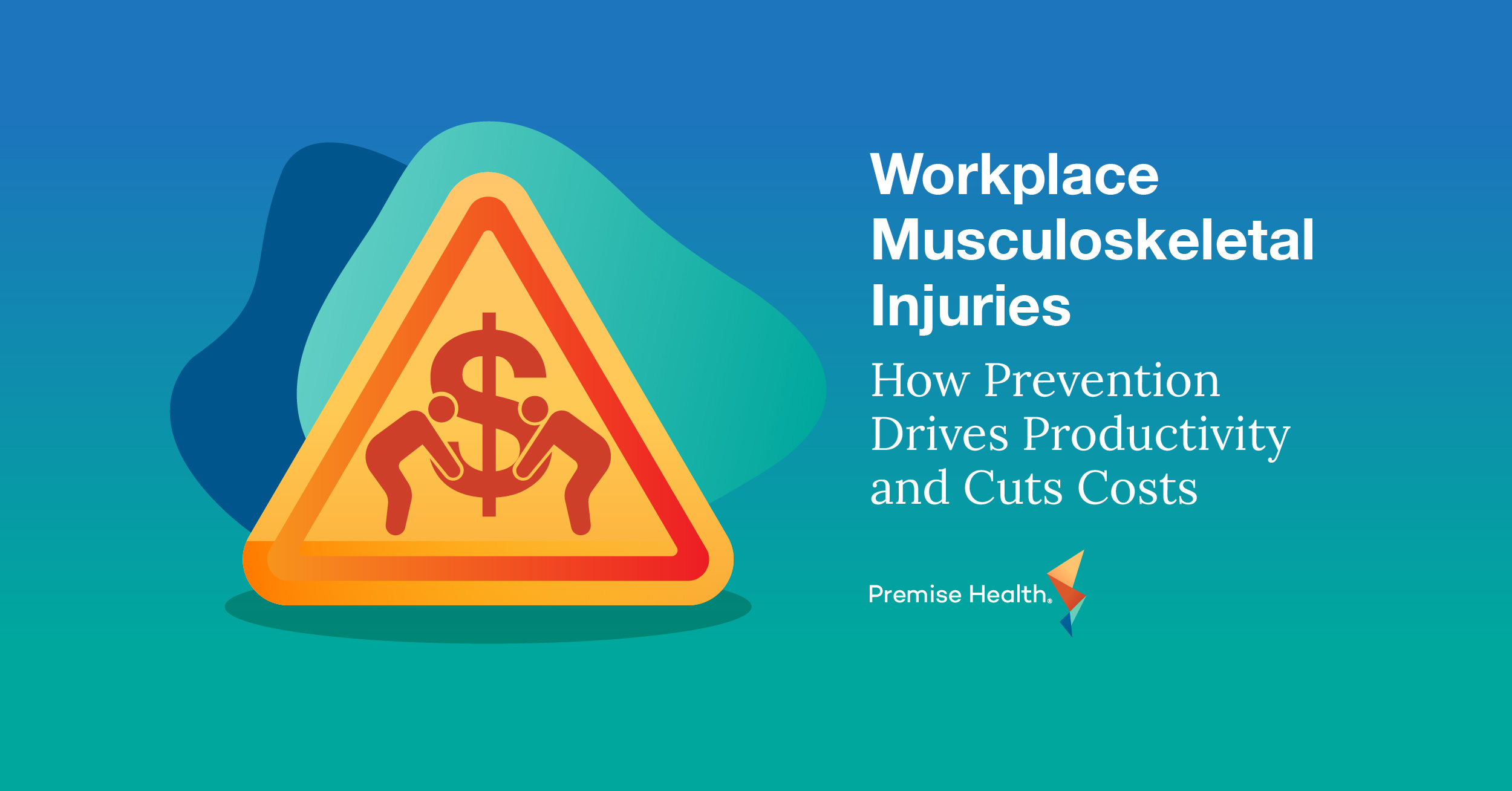Advanced Primary Care: Boosting the Value of Your Benefits Through Integrated Solutions
In the past we’ve covered how primary care point solutions lead to a disappointing experience for members and wasted efforts for employers, making an integrated primary care offering a better choice all around.
Maybe you already offer direct primary care to your employees, so you know the benefits and you’re looking for other ways to increase utilization and further reduce healthcare costs. But what are the best services to pair with your employer-sponsored primary care benefit?
We’ll take a look at some of the most impactful services to pair with primary care and the unique benefits that each can bring to your organization.
Quarterbacking member care
When specialty care is needed beyond what a primary care provider (PCP) can deliver, the PCP serves an important role as the “quarterback” of a member’s care. This means that they:
-
- Serve as the member’s first point of entry into the healthcare system and their home base to return to
- Facilitate warm handoffs to other types of providers for referral visits
- Ensure high-value referrals to top facilities and providers
- Follow up with members after a referral to ensure questions are answered and next steps are clear
- Close the loop on the referral process to ensure care is complete
- Communicate with all other providers to avoid duplicative member care
PCPs at Premise Health can quarterback all types of member care, whether that’s with other providers within the Premise ecosystem or with specialty providers out in the community. No matter what the member needs, the PCP is their starting point and constant supporter.
Behavioral health
When it comes to health, the connection between your mind and body can’t be ignored which is why behavioral health services are a natural integration with primary care. Both PCPs and counselors work together using a care team approach to identify life’s stressors and social determinants of health that affect both mental and physical wellbeing.
While PCPs can screen for behavioral health issues and provide general mental health care, when necessary, referrals to specialized counselors are handled with a warm handoff between providers. For people struggling with a mental health issue, not feeling confused and abandoned while navigating the healthcare system is even more important.
At Premise, we’ve seen the benefits of this in action with one client realizing a 1,300% increase in engagement when they added a behavioral health counselor to their wellness center team. One single counselor quickly turned into a full-blown behavioral health expansion with 10 counselors at sites across the country, showing the high demand for mental health services within the client’s eligible population.
Pharmacy
It’s been reported that 20-30% of new prescriptions are never filled at the pharmacy, meaning someone sought out care, but then didn’t get the medicine they needed to get better. Another scenario could be that someone got their medicine and didn’t know how to take it properly, or their prescription was too expensive for their budget, so they didn’t keep up with refills. Either way, it tells us pharmacies aren’t being utilized to their fullest potential.
At Premise, we know that the pharmacy experience can be different and part of that includes integration with onsite primary care. Imagine if a PCP could walk patients out of their exam and right into the pharmacy to get their prescription from a pharmacist that knows their name.
The result of this seamless transition between primary care and pharmacy is lower overall healthcare costs, with one Premise client saving nearly $14 million in medical and prescription costs over three years. This tells us that the ability to receive a 90-day supply of medications helped supercharge medical costs savings and led to improved adherence and better health.
Provider dispensing
Provider dispensing puts prescription medications directly into the hands of PCPs, resulting in streamlined care, cost savings, improved medication adherence, and increased convenience for patients. One Premise client implemented provider dispensing and saw an average of $49.24 cost savings per prescription and 76.6% savings on medications dispensed in the first three months. Provider dispensing is a great option for organizations that do not have enough space to support an onsite pharmacy or are looking to expand their primary care offering.
Population health and referral coordination
Using multiple forms of data including claims, population health solutions like Premise’s Connected Care+ identify and proactively support at-risk members. Navigation solutions help members navigate the healthcare ecosystem and to find high-quality, cost-effective specialty care.
While many population health and navigation vendors exist, they are often not integrated with those providing care and lack the benefits of an established, trusting relationship between a patient and their doctor. Most often, these solutions are offered through a health plan, resulting in limited value because members don’t know they are available or are hesitant to use them. A better approach to population health proactively supports members in need, navigates them when specialty care is needed, and is integrated with the member’s PCP, extending the capabilities and impact of the full care team.
Care Management
Care Management proactively leverages data insights, including claims, and primary care integration to help high-cost, high-risk members improve their health. This targeted outreach helps PCPs build relationships with the most high-risk members who need their care quarterbacked throughout the medical system the most.
When Care Management is added to primary care at Premise, we’ve seen cost savings multiply. At one client, members enrolled in our Connected Care+ Care Management program generated an average savings of $6,161 per member per year. For high-risk members, which we defined as the top 5% of risk across the population, that savings skyrocketed to $12,139 per member per year.
Care Navigation
Finding specialty providers can be a struggle for anyone, let alone someone dealing with a distressing medical issue. That’s where Care Navigators step in and guide members to specialty care providers and facilities that check all the boxes: high-quality, cost-effective, in-network, and accessible. Additionally, Care Navigators ensure the member returns to their PCP for ongoing continuity of care once specialist treatment has been delivered.
You might have guessed that this approach results in significant client savings thanks to optimized referrals. One client saved an average of $1,082 estimated savings per referral, resulting in an estimated $540,000 annual savings just from choosing the right providers and facilities.
At Premise we’ve seen time and time again that the benefits for members start to multiply when employer-sponsored primary care is paired with other healthcare services. Our care team collaboration quarterbacked by a Premise PCP means multiple providers are working together towards a common goal to ensure members are treated with a whole-person approach. Few community providers achieve the level of connection and collaboration Premise does with this approach.
This integration comes together perhaps the best through the advanced primary care model which, in its ideal state enhances the comprehensive care provided in a patient-centered medical home by adding behavioral health, virtual primary care, Connected Care+, and pharmacy. Through advanced primary care, these solutions are all working seamlessly together to provide:
-
- Enhanced access for members
- More time with members
- Realigned payment methods
- Organizational and infrastructure backbone
- Behavioral health integration
- Disciplined focus on health improvement
- Referral coordination
Sound like something your organization could benefit from? Get in touch with us today to talk about how integrated care solutions can enhance primary care for your members.
Next on industry insights.

Overcoming Burnout: Strengthening Workforce Resilience Through Behavioral Health
Read the Blog
Workplace Musculoskeletal Injuries: How Prevention Drives Productivity and Cuts Costs
Read the Blog